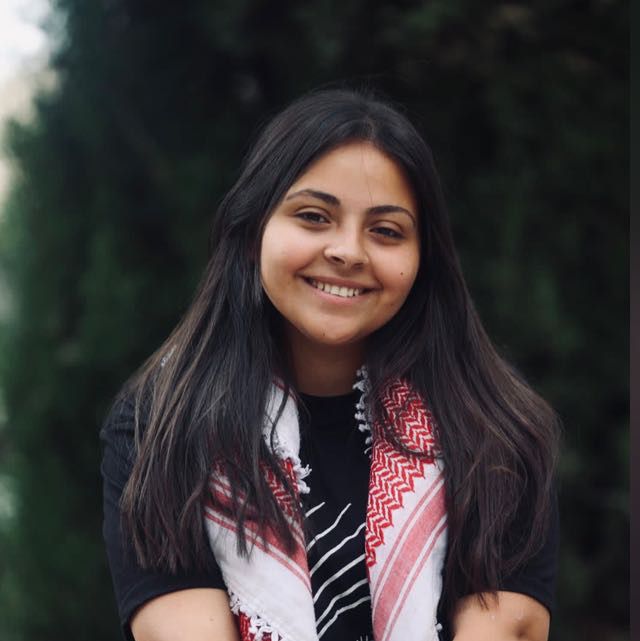Dania is a 21-year-old university student living in Palestine. Having been detained in Israeli prisons without trial for ten days, she was released in a prisoner exchange deal between Israel and Hamas brokered by the joint mediation efforts of Qatar, Egypt and the United States.
As part of the exchange deal, Israel released 240 Palestinian prisoners in exchange for 105 Israeli captives held by Hamas. Three-quarters of the released Palestinians had not been convicted of any crime. Since Israel occupied the West Bank, East Jerusalem and Gaza in 1967, an estimated one million Palestinians have been arrested and detained by Israeli forces, including tens of thousands of children.
Dania was arrested and taken from her home in Ramallah in the occupied West Bank by Israeli soldiers in November of last year. She was sentenced to six months of administrative detention, a form of arbitrary detention in which a person is held captive in Israeli prisons without a formal charge or trial, and without having committed an offence. This practice allows Israeli authorities to detain a person indefinitely—by order of the regional military commander—based on classified evidence undisclosed to the prisoner or their lawyer. As of February 2024, there are 3,484 Palestinians held captive under administrative detention in Israeli prisons.
This interview was conducted in Arabic, translated to English and edited for length and clarity. The full version of this interview was published in the latest issue of The Perspective magazine.
The views and opinions expressed in this article are those of the interviewee and do not necessarily reflect the stance of the author, UPF Lund or The Perspective’s editorial board.
Could you tell me about yourself?
My name is Dania. I’m 21 years old, and I live in the city of Ramallah, in the occupied West Bank in Palestine. I’m currently a university student at Birzeit University, majoring in accounting. I’m in my final year of university so I’m currently preparing for my upcoming finals.
When and how were you arrested?
I was arrested on 20 November 2023 at around three thirty in the morning. I live with my family, so we were all suddenly awakened by the presence of the Israeli military in our area. In seconds, they were at our doorstep, banging on our door […] My dad opened the door, they took him outside and started interrogating him, asking who was inside.
The soldiers ordered him to bring all the ID cards of the family. After we gave them the ID cards, the soldiers entered our home. There were many soldiers, around 30 of them, and only one female soldier […] They started breaking things in our home; they weren’t looking for anything in particular, just breaking as many things as they could. They entered my room, my sibling’s room, the kitchen and the bathrooms.
Afterwards, they separated us and put us in separate rooms, not allowing us to speak to one another. Then they called on us one by one and gave us our ID cards. But when they called my name, they didn’t return my ID card, and the soldier speaking to me told me that I was going to be arrested. They took me to one of the rooms in our home and started interrogating me. It happened so fast. I was wearing my nightwear, but since it was raining outside, I quickly put on my coat and shoes.
At the front door, they handcuffed me and blindfolded me […] When I was taken outside by the soldiers, I heard my dad and my brother calling my name from my bedroom window, telling me to be strong. When I answered them, the soldiers started beating me. From that moment until we arrived at the military camp, I was verbally and physically abused by the soldiers. They were shouting at me in Hebrew. When I told them I didn’t speak Hebrew, they switched to shouting and cursing at me in Arabic.
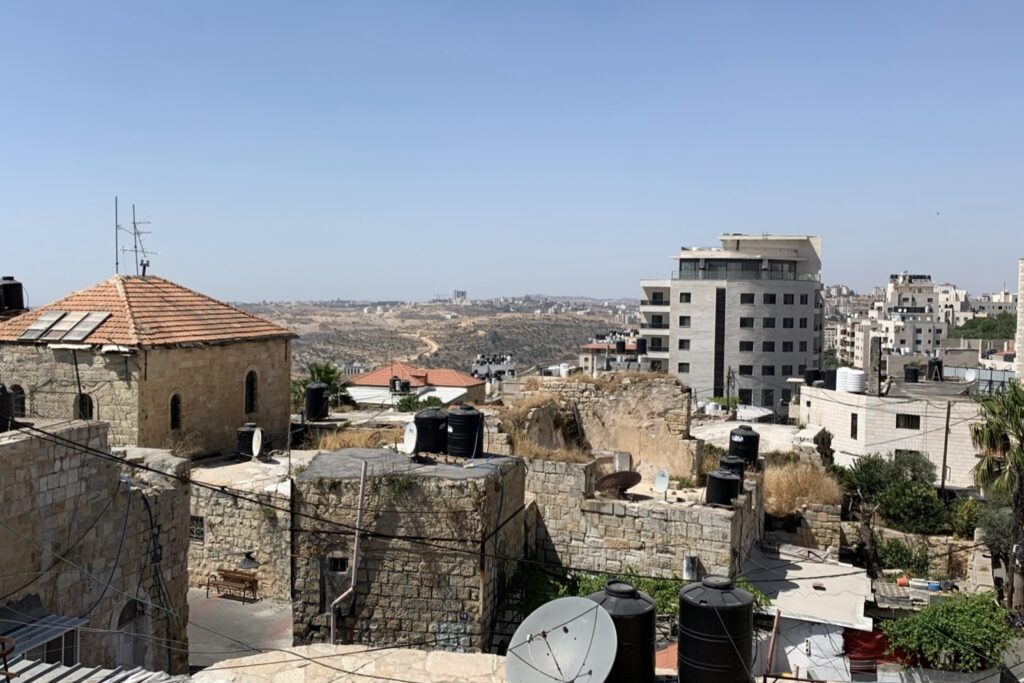

Did they give you any explanation for your arrest?
No, none. They told me that I knew why I was being arrested. I asked them to tell me why they were arresting me but they didn’t provide any explanation.
What happened after you were taken from your home? Where did they take you?
After I was handcuffed and blindfolded in my home, I was put in one of the many military jeeps parked outside. I was taken to a military camp near Ofer prison. I was put in an area with Israeli soldiers and three other young Palestinians who had been arrested. We remained blindfolded from the time we arrived at the military camp at around four thirty in the morning until noon the next day […] Thereafter, soldiers came and took me to an interrogation room where I was interrogated by an intelligence officer. The entire time he kept accusing me of things that never happened; he wanted to pin any charge on me. I denied every accusation. I had done nothing wrong. He tried to frighten and coerce me into ‘confessing’ by threatening me with administrative detention.
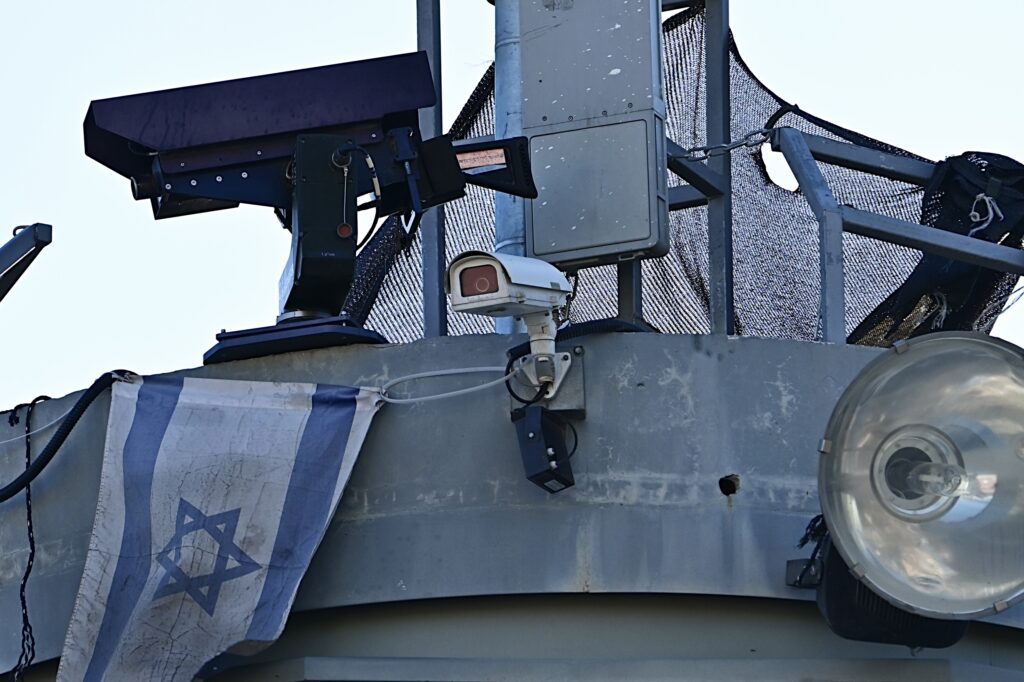

An Israeli military watchtower in the occupied West Bank (Image Credit: John Charles Fenech)
It is very common for Palestinians to be threatened when interrogated by Israeli military or intelligence officials. Were you threatened during your interrogation?
Yes. I was interrogated by an Israeli intelligence officer without a lawyer present. I did ask for a lawyer, and eventually, I was able to speak to one. I was threatened throughout the entire interrogation. He threatened me with administrative detention. He said if I didn’t ‘confess’, I would be raped. He said if I didn’t ‘confess’, they would prevent me from studying at university, and that I would remain in Israeli prison for the rest of my life.
“I denied every accusation. I had done nothing wrong […] He said if I didn’t ‘confess’, I would be raped”
Did you appear before a court?
After the interrogation, I was transferred to another prison, HaSharon prison […] I spent one night there, and it was the worst night of them all. I was beaten and placed in a very small room intended for one person, but they crowded it with five other Palestinian prisoners, some of whom were sick. They didn’t receive their medicine, and we were not provided with any food or water […] After that night, I was transferred to Damon prison, and two days later I had a court appointment, I was told. I was put in a room equipped with a screen, and someone read the sentence through the screen. I was sentenced to six months of administrative detention. It was over very quickly, it only took a few minutes.
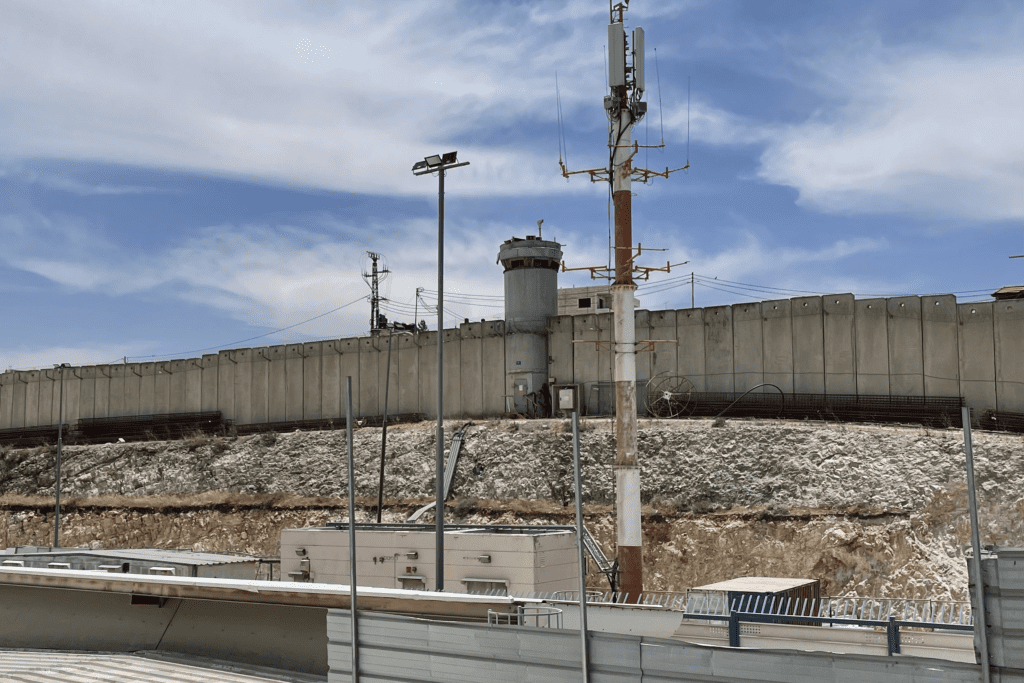

How did you feel in prison? How were you able to endure?
I felt like it was a challenge for me to overcome. Either you overcome it, or you let them win over you and break you. It felt like this wasn’t a war on me alone, but on all the prisoners and an entire people, in Gaza, in the West Bank, in Jerusalem, and even in the heartland. I felt like, let them do whatever they want, it won’t break me. We will be okay.
In an interview after your release, you mentioned a woman from Gaza who was imprisoned with you. Could you tell me her story as you know it?
I saw four women from Gaza in prison. They had evacuated from the north to the south through the supposed safe corridor after the Israeli military had dropped leaflets from the sky, ordering them to leave the north. On this safe corridor, the Israeli military had set up a military checkpoint, and they were taken, or rather abducted, from there by Israeli soldiers. One woman had her baby with her when she was fleeing the north. The soldiers threw her baby on the ground, and she was arrested. She doesn’t know where her baby is.
When were you released and when did you learn about the conditions of your release?
I was released on 30 November 2023. I learned that I would be released on the same day, and I was released in the sixth batch of the exchange deal […] The prison guards came and called my name at nine o’clock in the morning. They handcuffed me along with nine other female prisoners and transferred us from Damon prison to Ofer prison. At half past midnight, the Red Cross arrived and informed us that we would be released that night. They explained that there was a prisoner exchange deal. About an hour later, the soldiers removed the handcuffs and we boarded the bus that took us to Ramallah.
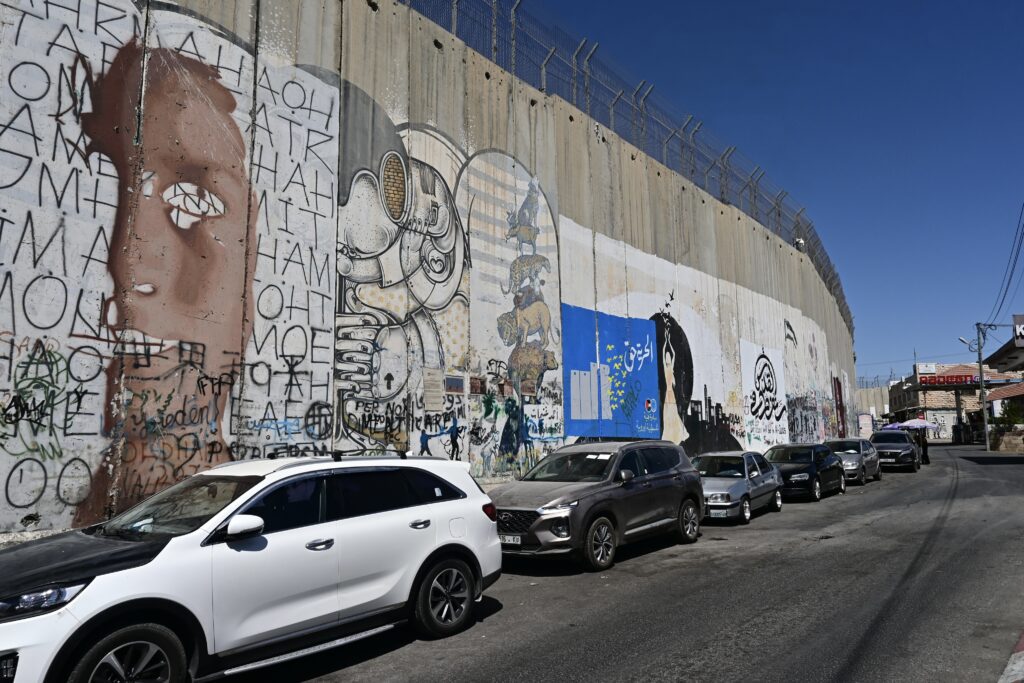

How has your experience in prison changed you, if at all?
Prison did change me […] I used to think that our lives in the occupied West Bank were the worst, but in prison I learned about people who truly suffered. The most significant change for me was that I started to truly appreciate the value of things […] I am thankful that I am able to be with my family and that I am studying. These things are no longer normal to me, I don’t take them for granted anymore.
How do you feel today?
If the prisoner exchange deal had resumed, I would have felt better. I was released while many prisoners remain behind bars. The arrests are even increasing now, and the number of people killed is also increasing. I am a little happy for my freedom from prison, but arrests are still taking place, people are still being killed and oppressed. Even though I was released from prison, we are still living under occupation. We are not free.
“There are still arrests taking place, people are still being killed and oppressed […] Even though I was released from prison, we are still living under occupation. We are not free”
By Adla Lagström Jebara
March 26, 2024




